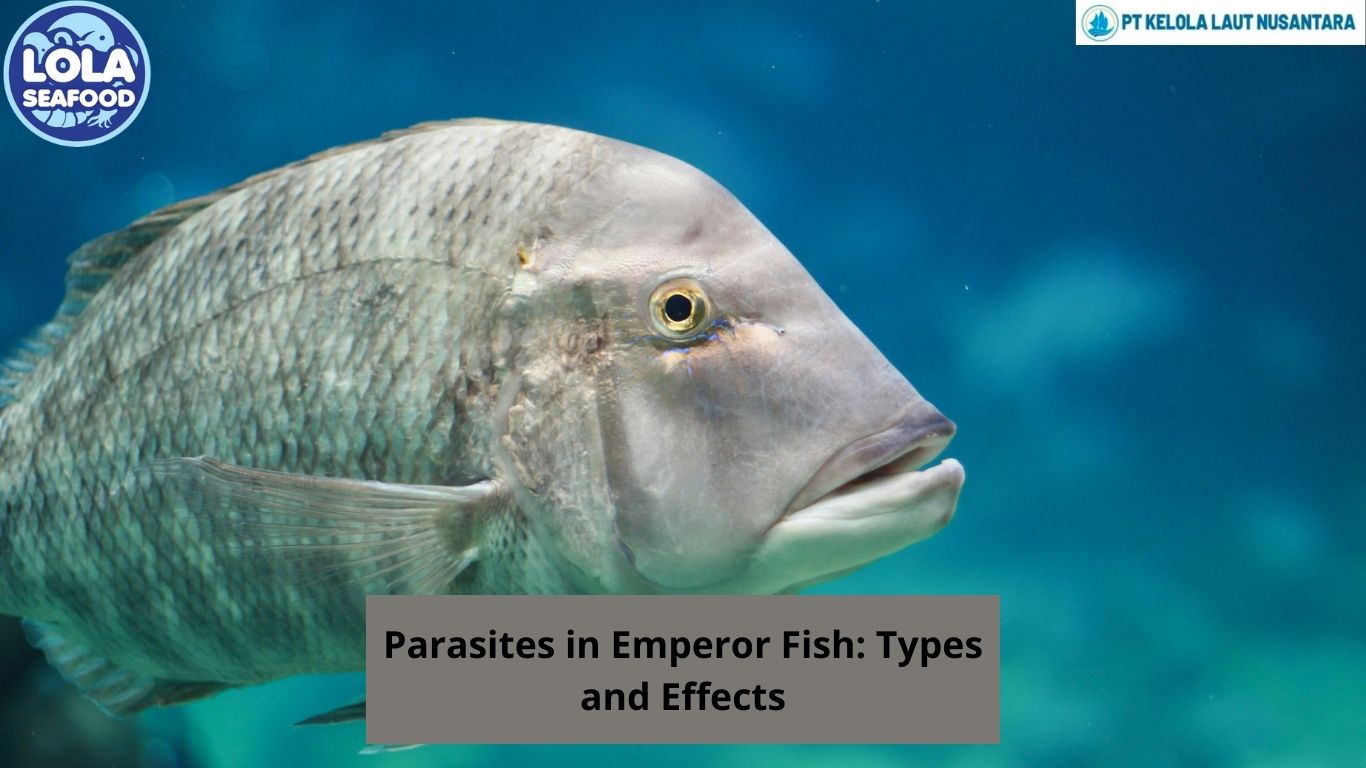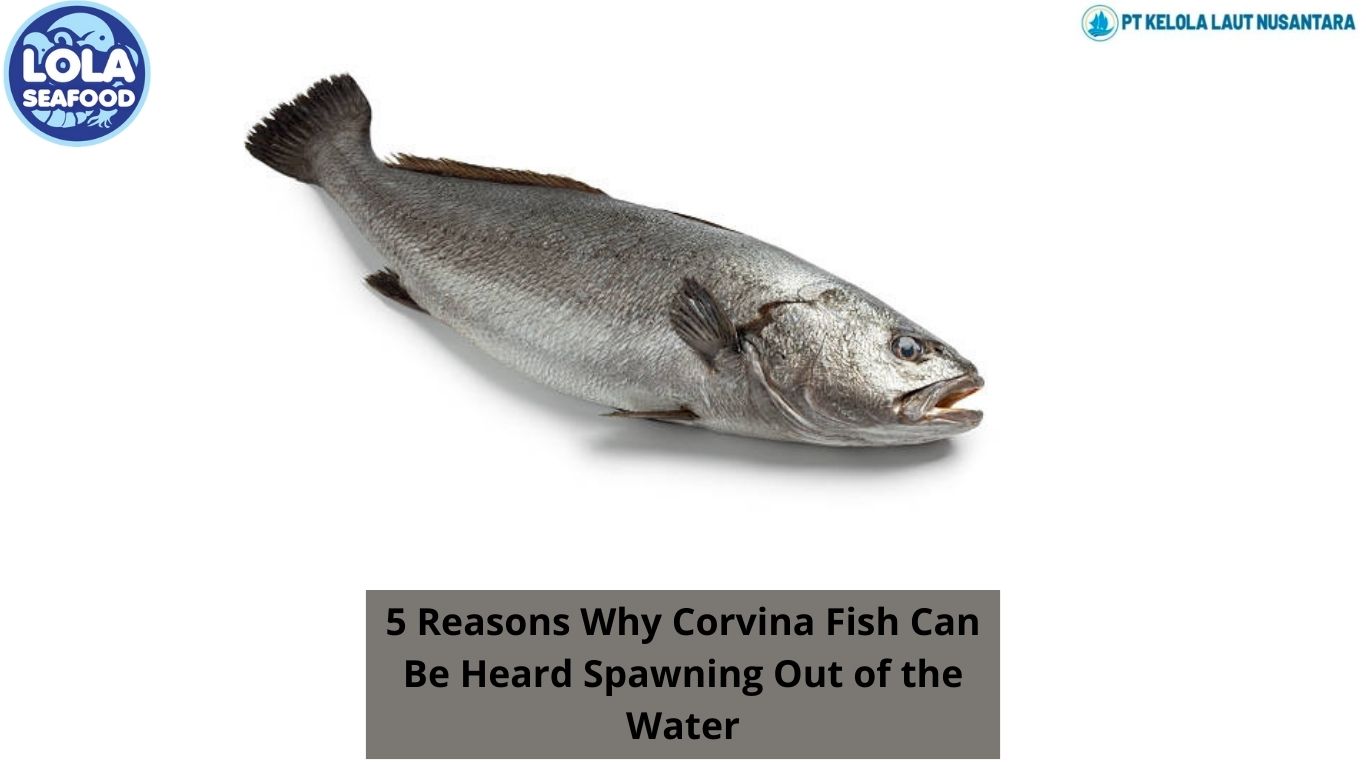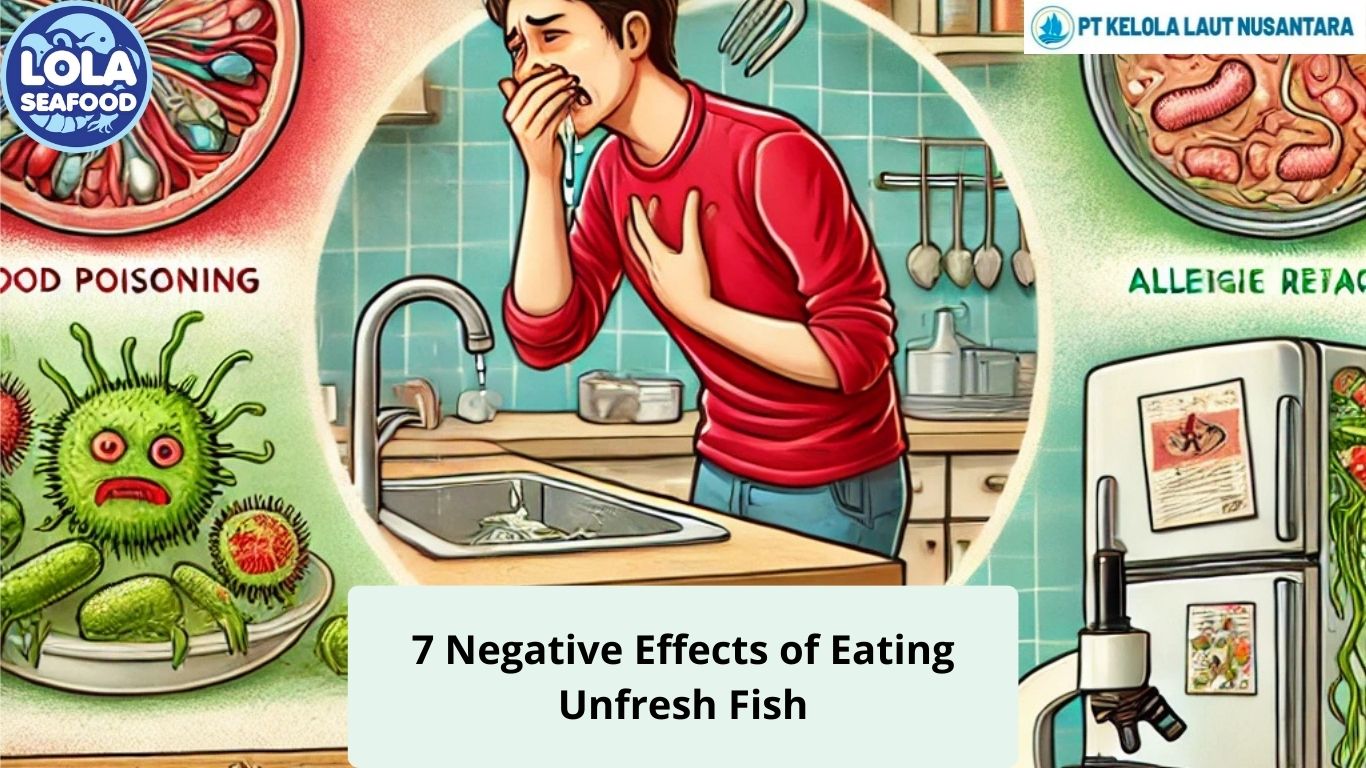Understanding Seafood Allergies: Causes, Symptoms, and Management
By. Najih - 21 Jun 2024.jpg)
Seafood allergies, particularly allergies to fish, pose significant health risks and challenges for individuals worldwide. This article provides an overview of seafood allergies with a focus on allergies to marine fish. It explores the causes, symptoms, diagnosis, and management strategies for seafood allergies, shedding light on the complexities of allergic reactions and their impact on affected individuals.
Seafood allergies are among the most common food allergies globally, affecting millions of people across different age groups. While allergies to crustaceans such as shrimp and crab are well-known, allergies to marine fish are also prevalent and can have serious consequences for individuals with sensitivities. Understanding the nature of seafood allergies, including their triggers, symptoms, and management, is essential for healthcare professionals, patients, and caregivers alike.
Causes of Seafood Allergies: Seafood allergies are typically caused by an immune system response to specific proteins found in seafood. In the case of fish allergies, certain proteins present in fish muscle or skin can trigger allergic reactions in susceptible individuals. These proteins, such as parvalbumin and tropomyosin, are often heat-stable, meaning they can withstand cooking temperatures and retain their allergenic properties even after food preparation.
Symptoms of Seafood Allergies: The symptoms of seafood allergies can vary widely in severity and may include skin reactions such as hives, itching, or eczema, respiratory symptoms such as wheezing or difficulty breathing, gastrointestinal symptoms such as nausea, vomiting, or diarrhea, and in severe cases, anaphylaxis, a life-threatening allergic reaction characterized by a sudden drop in blood pressure and loss of consciousness.
Diagnosis and Management: Diagnosing seafood allergies involves a combination of medical history, physical examination, and allergy testing, such as skin prick tests or blood tests for specific IgE antibodies. Once diagnosed, the management of seafood allergies focuses on avoidance of allergenic foods, education on reading food labels, and carrying emergency medication such as epinephrine auto-injectors for the treatment of severe allergic reactions.
Prevention and Treatment: Preventing allergic reactions to seafood involves careful avoidance of allergenic foods and cross-contamination, particularly in food preparation and dining out. For individuals with known seafood allergies, allergen immunotherapy may offer a potential treatment option to desensitize the immune system and reduce the severity of allergic reactions over time. However, further research is needed to evaluate the long-term efficacy and safety of this approach.








